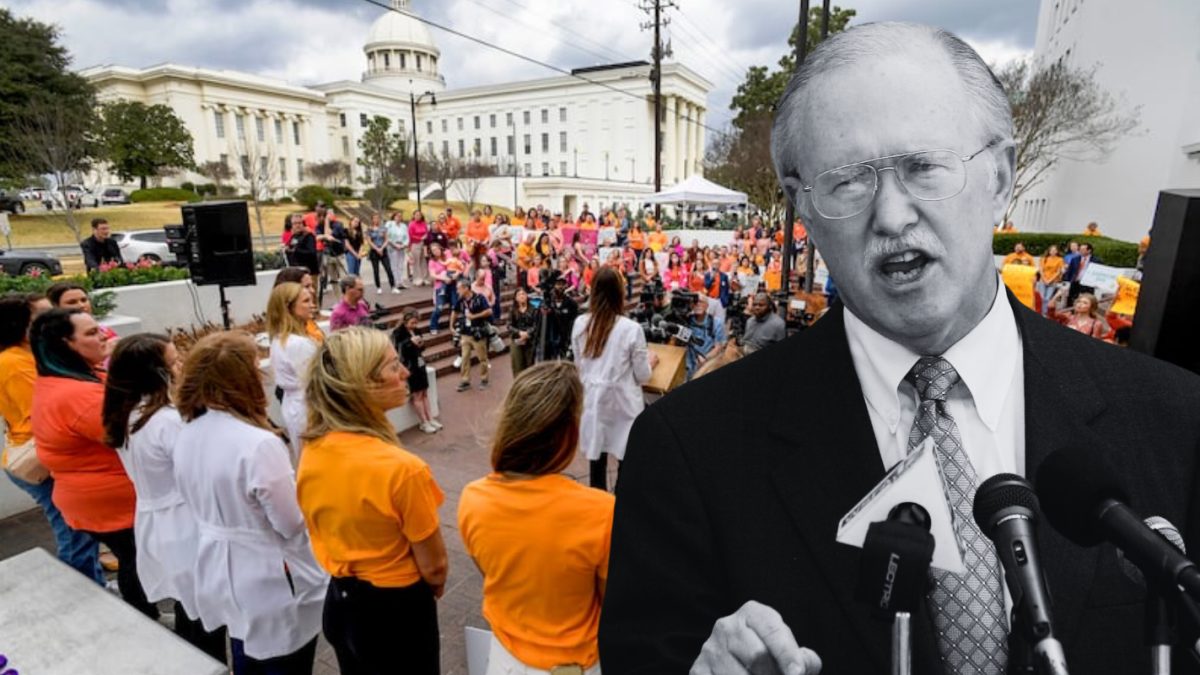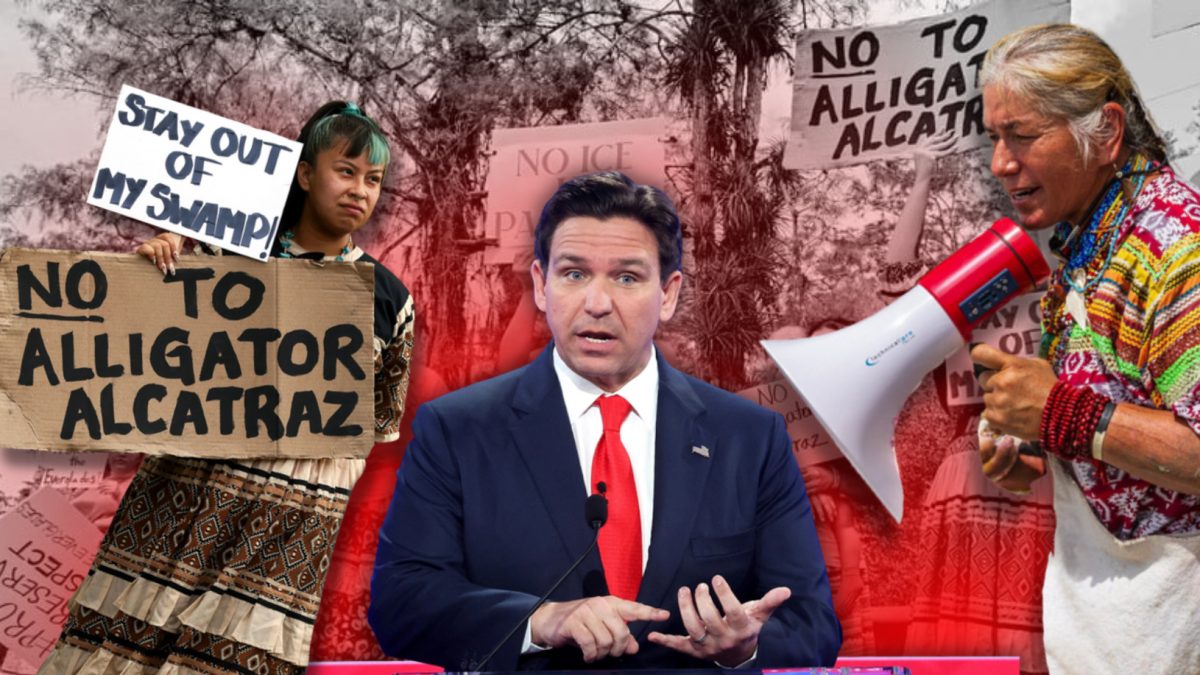In Alabama, following a lawsuit of wrongful death, the Supreme Court of the state has ruled that embryos are now legally classified as people. This decision has caused major backlash and confusion, especially in regards to fertility clinics, who don’t know how they’re supposed to continue with In Vitro Fertilization treatments without potentially violating the law. The ruling provides problems in regards to the freezing of embryos for later use in fertility clinics for IVF, and also their donation or destruction, problems which could result in legal trouble for the clinic. This has resulted in many clinics across the state halting IVF treatments entirely, refusing service to patients in order to not risk civil or even criminal charges.
The original lawsuit that caused the ruling was when several couples had embryos frozen and kept in storage for potential later use in the Mobile Infirmary Medical Center in Alabama, but in 2020, a patient had entered the storage facility to remove some embryos and accidentally dropped several of them on the floor, destroying them. The couples that were affected filed wrongful death lawsuits, to which the courts ruled in favor of them, and legally defined embryos as people.
Even in Florida, Republican Senator Erin Grall had originally planned to push a similar bill to allow people in Florida to file wrongful death lawsuits for destroyed embryos, although she pulled it due to the political fallout of the Alabama ruling. But the shelving of this bill does not mean that IVF treatment is safe everywhere. Among the anti-abortion groups, there is heavy opposition to IVF treatments, due to people not trusting doctors with the transport and possible destruction of these embryos. Although not all of the people who are anti-abortion are against IVF, there are still many who are.
But even despite this, it does not mean that IVF has no chance of survival in Alabama, as lawmakers in the state have been working to protect access to IVF treatments, even despite the ruling, although there may be potential consequences that could still affect fertility clinics, such as higher prices for IVF treatments for liability or increased storage costs. And this ruling will still have a ripple effect across the country, as there will be lawmakers and judges in other states who would want to push for similar rulings for embryos, especially in states like Florida. But the future of IVF is still quite uncertain to tell, as there’s many conflicting opinions with lawmakers on the subject, but it’s very likely that the bill in Alabama pushes through and IVF treatments are protected, even if it’s restricted slightly.








